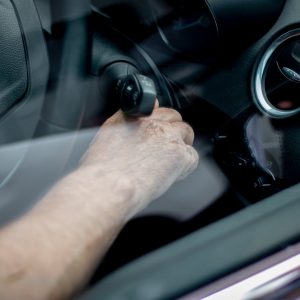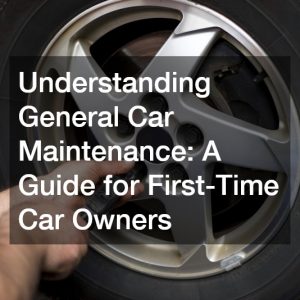In the unfortunate event of a major collision, the cost of repair can be a significant financial burden. However, there are ways to save money on major collision repair without compromising on quality. From finding the right repair shop to understanding the scope of damage and utilizing insurance coverage, this comprehensive guide will provide you with practical tips to help you navigate the process and minimize costs. Additionally, exploring alternative repair options such as aftermarket parts or certified pre-owned components can offer significant savings without sacrificing safety or performance. Moreover, proactive maintenance and defensive driving techniques can reduce the likelihood of future collisions, ultimately saving you money in the long run.
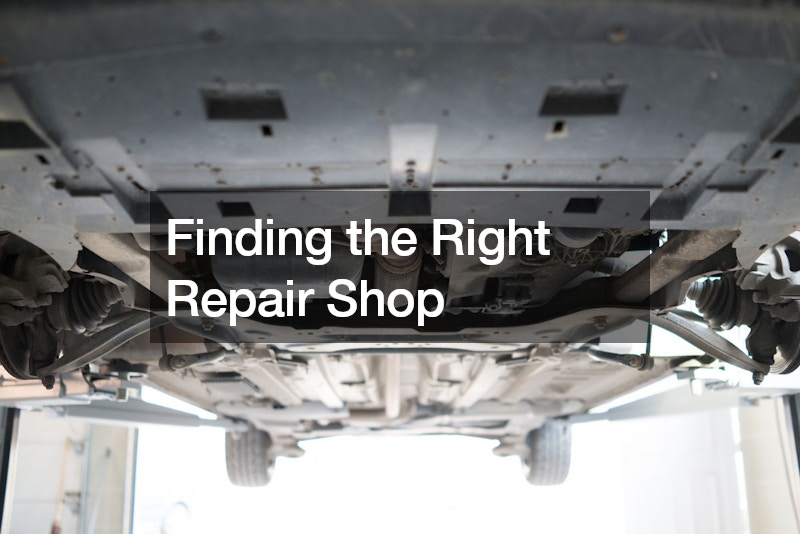
1. Finding the Right Repair Shop
Researching Local Shops
When it comes to major collision repair, it’s important to do your due diligence and research local repair shops in your area. Look for car detailing businesses that specialize in major collision repair and have a good reputation in the community.
Reading Reviews and Testimonials
Reading reviews and testimonials from previous customers can give you valuable insight into the quality of work provided by a repair shop. Look for shops with positive reviews and satisfied customers.
Getting Multiple Quotes
Don’t settle for the first repair shop you come across. Instead, get multiple quotes from different car detailing businesses to compare prices and services. This will help you find the best deal for your major collision repair.
Checking Certifications and Credentials
Make sure the repair shop you choose is certified and has the necessary credentials to perform major collision repair. This will ensure that your vehicle is in capable hands.
Asking for Recommendations
Ask friends, family, colleagues, and even your car accident lawyer for recommendations on reputable repair shops they have used in the past. Personal recommendations can be a valuable resource in finding the right repair shop for your major collision repair.
2. Understanding the Scope of Damage
Requesting a Detailed Estimate
Before agreeing to any repairs, be sure to request a detailed estimate from the repair shop. This will give you a clear understanding of the scope of damage and the costs involved.
Inquiring About Hidden Costs
Don’t be caught off guard by hidden costs. Ask the repair shop about any additional charges that may arise during the repair process.
Exploring Repair Options
Depending on the extent of the damage, there may be multiple repair options available to you. Discuss these options with the repair shop to find the most cost-effective solution. You may need auto towing to get your vehicle to the shop.
Assessing the Severity of Damage
Understanding the severity of the damage to your vehicle is crucial in determining the cost of repair. Be sure to ask the repair shop for a detailed assessment of the damage.
Seeking Second Opinions
If you’re unsure about the repair recommendations provided by a repair shop, don’t hesitate to seek a second opinion. Getting multiple assessments can help you make an informed decision on how to proceed with your major collision repair.
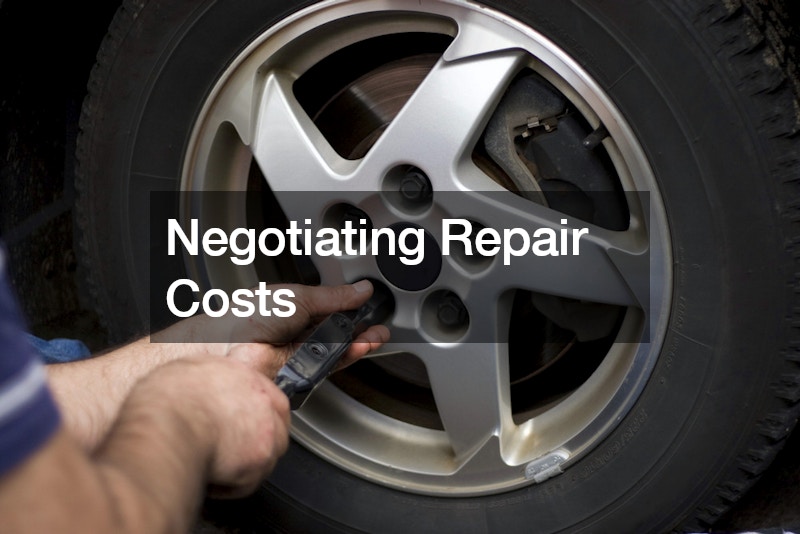
3. Negotiating Repair Costs
Understanding Labor Charges
Labor charges can significantly impact the overall cost of major collision repair. Be sure to understand how labor charges are calculated and negotiate with the repair shop if necessary.
Asking About Discounts or Promotions
Many repair shops offer discounts or promotions to help customers save money on repairs. Don’t be afraid to ask about any available discounts when getting your estimate.
Discussing Payment Plans
If the cost of major collision repair is beyond your immediate budget, discuss payment plans with the repair shop. Many shops offer financing options to help spread out the cost of repairs.
Comparing Prices with Competitors
Don’t be afraid to shop around and compare prices with competitors. Getting quotes from multiple repair shops can help you find the best deal for your major collision repair.
Being Willing to Walk Away
If you’re not satisfied with the repair shop’s pricing or services, be prepared to walk away. It’s important to prioritize quality and value when it comes to major collision repair.
4. Considering DIY Options
Assessing Your Skills and Tools
If you have the skills and tools necessary, consider tackling minor repairs yourself to save money on major collision repair.
Researching Repair Techniques
Before attempting any repairs, be sure to research the proper techniques and procedures to ensure the repair is done correctly.
Calculating Potential Savings
By taking on DIY repairs, you can potentially save a significant amount of money on labor costs. Calculate the potential savings to determine if this option is right for you.
Weighing Risks and Benefits
Consider the risks and benefits of DIY repairs before deciding to tackle major collision repair yourself. It’s important to prioritize safety and quality in any repair work.
Knowing When to Hire a Professional
If the damage is beyond your expertise, don’t hesitate to hire a professional for major collision repair. It’s better to pay for quality work than risk further damage to your vehicle. If you get compensation with the help of your automobile accident attorney, then you might as well put that money into the repairs.

5. Utilizing Insurance Coverage
Reviewing Your Policy Coverage
Before proceeding with major collision repair, review your auto insurance policy to understand what is covered. Make sure to file a claim promptly if the repairs are covered by your policy.
Filing a Claim Promptly
To expedite the repair process, be sure to file a claim with your insurance provider promptly. This will help you get your vehicle back on the road as soon as possible while adhering to car accident law.
Choosing the Right Deductible
When filing an insurance claim for major collision repair, consider the impact of your deductible on the overall cost. Choose a deductible that is affordable for your budget.
Understanding Reimbursement Procedures
Before agreeing to any repairs, make sure you understand the reimbursement procedures outlined by your insurance provider. This will help you navigate the process smoothly.
Discussing Options with Your Insurance Agent
If you have questions or concerns about your insurance coverage for major collision repair, don’t hesitate to discuss your options with your insurance agent. They can provide valuable guidance throughout the claims process.
6. Taking Preventative Measures
Investing in Defensive Driving Courses
To reduce the risk of future collisions, consider investing in defensive driving courses. These courses can help you become a safer and more alert driver on the road. They can also help you get fair compensation from a car accident attorney.
Maintaining Your Vehicle Regularly
Regular maintenance is key to preventing major collisions and costly repairs. Be sure to keep up with routine maintenance to keep your vehicle in top condition.
Installing Safety Features
Consider installing additional safety features in your vehicle to minimize the risk of major collisions. Features such as lane departure warning systems and automatic emergency braking can help protect you on the road.
Being Aware of Surroundings While Driving
Stay vigilant and aware of your surroundings while driving to avoid potential collisions. Being a defensive driver can help you anticipate and avoid accidents before they occur. Practice driving and follow the rules of your learners permit if you don’t have a license yet.
Avoiding High-Risk Areas and Times
When possible, avoid driving in high-risk areas or during peak traffic times. By being strategic with your driving habits, you can reduce the likelihood of major collisions.
Get Compensated From the Other Party
If the other party was at fault for the accident, then your accident lawyer can help you get proper compensation. Depending on what state you live in, the laws may vary.
7. Exploring Alternative Repair Options
Considering Aftermarket Parts
For cost-effective repairs, consider using aftermarket parts instead of OEM parts. Aftermarket parts can be a more affordable alternative for major collision repair.
Exploring Used Parts
If budget is a concern, consider using used parts for major collision repair. Many salvage yards offer quality used parts at a fraction of the cost of new parts.
Checking for Manufacturer Recalls
Before proceeding with major collision repair, check for any manufacturer recalls that may cover the cost of repairs. Taking advantage of recalls can help you save money on repairs.
Seeking Out Independent Mechanics
Independent mechanics often offer competitive prices for major collision repair. Consider seeking out independent mechanics who provide quality work at affordable rates.
Exploring DIY Repair Kits
For minor repairs, consider using DIY repair kits to save money on major collision repair. These kits often come with all the necessary tools and materials to complete the repair yourself.
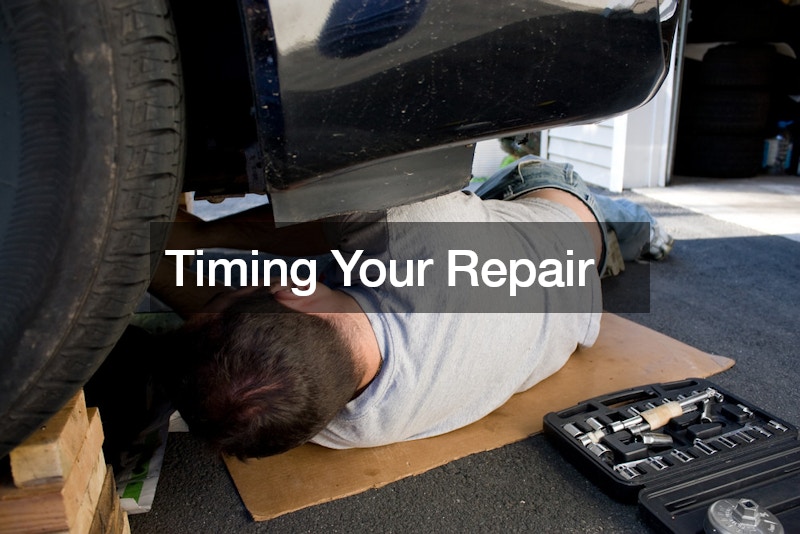
8. Timing Your Repair
Considering Seasonal Discounts
Some repair shops offer seasonal discounts on major collision repair. Consider timing your repair during off-peak seasons to take advantage of these savings.
Waiting for Special Promotions
Keep an eye out for special promotions and discounts on major collision repair. Waiting for promotional offers can help you save money on repairs without compromising on quality.
Timing Repairs with Your Budget
If the cost of major collision repair is a concern, consider timing the repairs with your budget. Plan ahead and schedule repairs when you can comfortably afford them.
Assessing Safety Risks of Delaying Repairs
While it’s important to save money on major collision repair, don’t compromise on safety. Assess the safety risks of delaying repairs and prioritize your well-being on the road.
Being Flexible with Scheduling
If possible, be flexible with your repair schedule to take advantage of any cost-saving opportunities. Communicate with the repair shop to find a convenient time for repairs.
9. Seeking Financial Assistance
Researching Government Grants or Loans
If you’re in need of financial assistance for major collision repair, consider researching government grants or loans that may be available to help cover the costs.
Exploring Payment Options with Repair Shops
Many repair shops offer flexible payment options for major collision repair. Discuss payment plans with the repair shop to find a solution that works for your budget.
Checking for Discounts for Veterans or Seniors
Some repair shops offer discounts for veterans or seniors on major collision repair. If you qualify for these discounts, be sure to take advantage of the savings.
Utilizing Automotive Repair Financing Programs
If you need additional financial assistance, consider utilizing automotive repair financing programs. These programs can help you spread out the cost of major collision repair over time.
Considering Crowdfunding Options
In some cases, crowdfunding can be a viable option to help cover the costs of major collision repair. Consider reaching out to friends and family for support during this challenging time.
Get Help From a Lawyer
If you’re having trouble paying, then car accident attorneys can help because they can fight on your behalf for compensation from the accident. Get in touch with one as soon as possible.
10. Maintaining Your Vehicle Post-Repair
Following Manufacturer Guidelines
After major collision repair, be sure to follow the manufacturer’s guidelines for maintenance and care. This will help prolong the life of your vehicle and prevent future repairs.
Keeping Up with Regular Maintenance
Regular maintenance is key to preventing major collisions and costly repairs. Stay on top of routine maintenance to keep your vehicle in top condition post-repair.
Monitoring for Signs of Additional Damage
Keep an eye out for any signs of additional damage after a major collision repair. If you notice any issues, be sure to address them promptly to avoid further complications.
Investing in Protective Measures
Consider investing in protective measures such as clear bra paint protection or ceramic coating to prevent future damage to your vehicle. These measures can help preserve the exterior of your vehicle.
Having a Contingency Plan for Future Repairs
It’s important to have a contingency plan in place for future repairs. Consider setting aside a budget for unexpected repairs or emergencies to ensure you’re prepared for any situation.
Conclusion
Saving money on major collision repair is possible with careful planning and strategic decision-making. By following the tips outlined in this guide, you can navigate the repair process with confidence and minimize costs without sacrificing quality. Whether it’s finding the right repair shop, utilizing insurance coverage, or exploring alternative repair options, there are plenty of ways to save money on major collision repair. Remember to prioritize safety and quality in all your repair decisions to keep your vehicle running smoothly for years to come. Additionally, staying proactive with regular maintenance and addressing minor repairs promptly can prevent costly issues down the road, further contributing to your long-term savings and peace of mind.
Moreover, consider leveraging any available warranties or service plans to offset repair expenses. These agreements can often cover certain repairs or parts replacements, reducing your out-of-pocket costs. Furthermore, educating yourself about your vehicle’s warranty coverage and understanding any limitations or exclusions can help you make informed decisions when it comes to repairs. Lastly, don’t hesitate to seek multiple estimates from different repair shops to compare prices and ensure you’re getting the best value for your money. By being proactive and resourceful, you can effectively save money on major collision repairs while still maintaining the integrity and safety of your vehicle.
